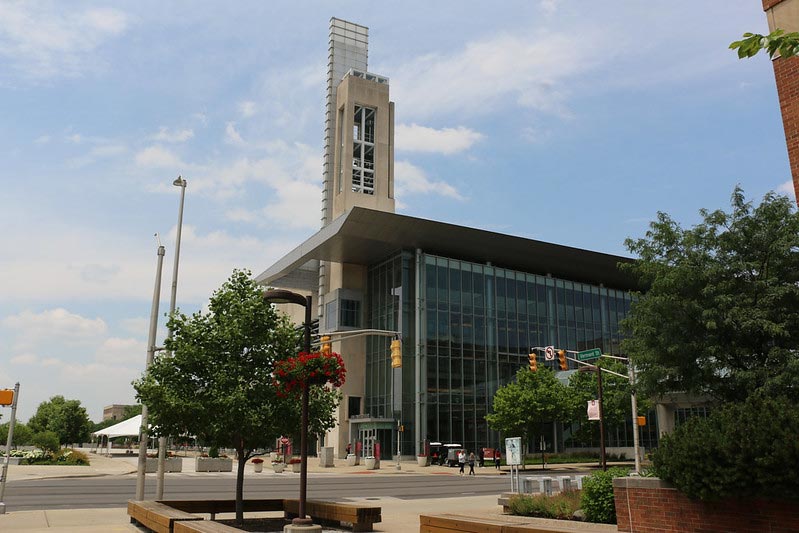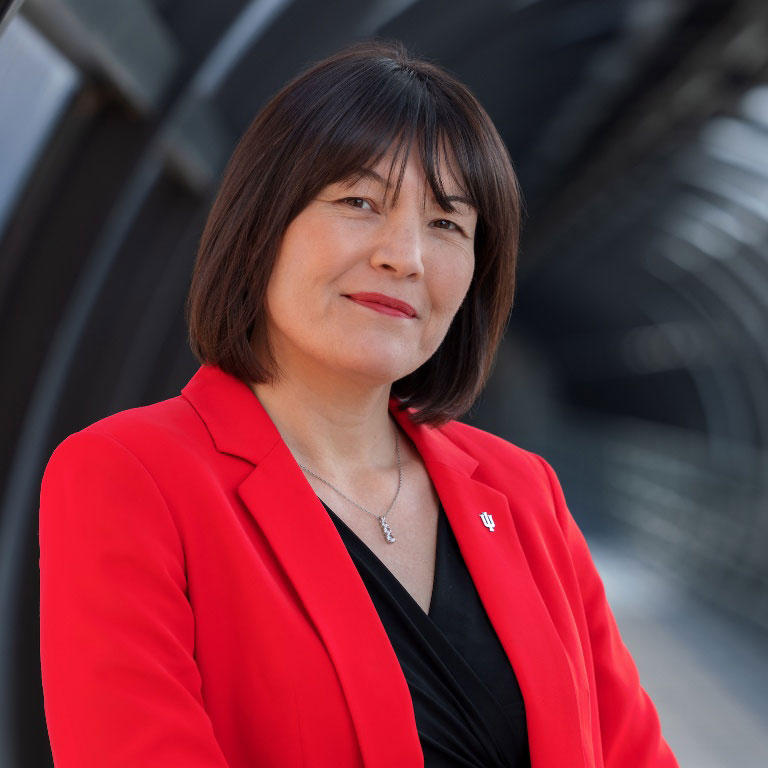The formation of the taskforce supports the Indiana University 2030 Strategic Plan and aims to increase the success of first-year, full-time students through targeted strategies.
“Statistically it’s been shown that students who reach the second year are more likely to be able to reach that milestone of finishing a full degree,” Downey said. “Our taskforce aims to calibrate our approaches to respond to the changing needs of today's students.”
Interim Executive Vice Chancellor and Chief Academic Officer Jay Gladden assembled the taskforce, setting a vision and charging Downey and Jane Williams, associate dean for academic affairs and strategic initiatives in the School of Science, as its leaders. Members of the taskforce represent nearly every academic and support unit on campus who serve first-year students.
To provide a more supportive and equitable first-year experience, the group is focused on five key areas:
- Creation of belonging
- Orientation
- Bridge and first-year experience
- Advising
- Career readiness
Strengthening students' sense of belonging on campus is a central theme of the taskforce's work. For example, the orientation experience varies for students who enter IU Indianapolis via direct admission to a degree-granting school versus via University College as a pre-major or exploratory student. The taskforce will consider how to ensure every student feels equally valued through this process, regardless of their entry point to campus.
Reevaluating programs such as Bridge Week and first-year seminars is also on the taskforce’s radar. Similar to the structure of orientation events, these curricular experiences are generally dynamic in terms of execution. The taskforce seeks to review this and curate more consistent and equity-minded goals for all first-year programs.
Regarding approaches to advising and career readiness, the taskforce plans to incorporate pathways that foster more proactive advising practices and create professional opportunities within the community for students to hone essential career skills before graduation.
As the proposals brought by the taskforce progress into maturity, Downey hopes to bring students on board with the strategy planning, so that leadership may better serve students’ needs and improve their experiences.
“IUPUI’s founding mission is based on serving its community and promoting development of talent and skill in the community, which is what this taskforce will help to continue fostering,” Downey said.
The taskforce’s initial recommendations are set to be delivered by mid-July.



